De Moivre's Theorem gives a formula for calculating complex numbers. It enables us to connect complex numbers and trigonometry. Most importantly, it is incredibly useful for finding powers and roots of complex numbers. It can be stated in a number of ways:
\([r(cos\theta+isin\theta)]^n=r^n(cos\ n\theta+isin\ n\theta)\)
Whilst we can prove the formula using proof by induction, it becomes clear when we write it in Euler Form: \([re^{i\theta}]^n=r^ne^{in\theta}\)
On this page, you should learn to
Find powers and roots of complex numbers using de Moivre's theorem Carry out a proof by induction of de Moivre's theorem The following videos will help you understand all the concepts from this page
Proof of de Moivre's Theorem
In the following video, we look at an example of a proof by induction question applied to complex numbers. In it, we prove De Moivre's Theorem:
Let \(z=r(cosθ+isinθ)\)
Prove that \(z^{ n }≡r^{ n }[cos(nθ)+isin(nθ)]\ ,\ n\in \mathbb{Z^+}\)
Here is a quiz that practises the skills from this page
z is a complex number.
If |z| = 4 , work out
Use the following property of the modulus of a complex number:
\(|z^n|={|z|}^n\)
z can be expressed in the form a + bi
If arg(z) = 60° , work out
Use the following property of the argument of a complex number:
\(arg(z^n)=n\cdot arg(z)\)
Let z = 3(cos30° + isin30°)
Find the principal argument of the following complex numbers
a) Consider z in Cartesian form. Multiplying by -1 will make the real and imaginary parts become negative. Note that multiplying a complex number by -1 results in a 180° rotation.
b) Multiplying a complex number by i results in a 90° anticlockwise rotation.
c) arg(1 + i) = 45°
arg((1 + i)z) = 30° + 45°
Let \(z=2(cos(\frac{\pi}{4})+isin(\frac{\pi}{4}))\)
Find the modulus of the following complex numbers
a) the modulus of -z = modulus of z
b) modulus of i = 1
\(|z\cdot w|=|z|\cdot|w|\)
|iz|=1x2=2
c) \(|\sqrt{3}+i|=\sqrt{3+1²}=2\)
\(|z\cdot w|=|z|\cdot|w|\)
\(|(\sqrt{3}+i)z|\) = 2x2=4
Let \(z=\sqrt{2}cis(\frac{\pi}{4})\)
\(z^2=acis(\frac{\pi}{b})\)
Find a b
\(z^2=(\sqrt{2})^2cis(2\cdot\frac{\pi}{4})\)
Let \(z=2cis(\frac{\pi}{3})\)
\(z^3=acis(\frac{\pi}{b})\)
Find a b
\(z^3=2^3cis(3\cdot\frac{\pi}{3})\)
\((\sqrt{2}cis(\frac{\pi}{4}))^8=a+bi\)
Find a b
\((\sqrt{2}cis(\frac{\pi}{4}))^8\)
\(=(\sqrt{2})^8cis(8\cdot\frac{\pi}{4})\)
\(=16cis(2\pi)\)
= 16
\((\sqrt[3]{3}cis(\frac{\pi}{6}))^9=a+bi\)
Find a b
\((\sqrt[3]{3}cis(\frac{\pi}{6}))^9\)
\(=({3}^\frac{1}{{3}})^9cis(9\cdot\frac{\pi}{6})\)
\(=3^3cis(\frac{3\pi}{2})\)
\(=27cis(-\frac{\pi}{2})\)
= -27i
Let z = -1 + i
\(z=\sqrt{2}cis\frac{3\pi}{4}\)
\(z^4=(\sqrt{2})^4cis(4\cdot\frac{3\pi}{4})\)
\(z^4=4cis(3\pi)\)
Which of the following Argand diagrams represents the roots to the equation \(z^3=64i\)
\(z^3=64i\)
\(z^3=64cis(\frac{\pi}{2}+2k\pi),k=0,1,2\)
\(z=4cis(\frac{\pi}{6}+\frac{2k\pi}{3}),k=0,1,2\)
\(z=4cis(\frac{\pi}{6}),4cis(\frac{5\pi}{6}),4cis(\frac{9\pi}{6})\)
Find the roots of the equation \(z^3=8i \)
Express your answers in Cartesian Form
Write \(z^3\) in cis form
\(z^3=8cis(\frac{\pi}{2}+2k\pi)\) , k = 0, 1, 2
\(z=-2+2\sqrt{3}i\)
a) Find |z| and arg(z)
b) Find \(z^6\) and simplify your answer
c) Given that \(w^4=z^3\) , find the values of \(w\) giving your answers in the form \(a+bi\)
a) Draw an Argand diagram
b) Use de Moivre's Theorem \(z^6={|z|}^6cis6\theta\)
c) Find the 4th roots of \(z^3\)
Find the values of n \((\sqrt{3}-i)^n\) is a real number
Find the argument of \(z=\sqrt{3}-i\)
What argument make \(Im(z^n)=0\)
a) By writing \(\frac{\pi}{12}=\frac{\pi}{3}-\frac{\pi}{4}\) , show that \(sin(\frac{\pi}{12})=\frac{\sqrt{6}}{4}-\frac{\sqrt{2}}{4}\)
b) Work out \(cos(\frac{\pi}{12})\)
c) Hence, find the roots of the equation \(z^4=2+2\sqrt{3}i\) , giving answers in the form \(z=a+ib\)
a) Use the compound angle identity for sin(A+B)
c) You will need to use de Moivre's Theorem and the answers from part a and b
a) Find the roots of the equation \(z^4-1=0\)
b) Find the roots of the equation \(z^4+1=0\)
c) Show that roots of \(z^4-1=0\) and \(z^4+1=0\) together make the roots of \(z^8-1=0\)
d) Hence, find all the roots to \(z^6+z^4+z^2+1=0\)
c) Factorise \(z^8-1\) into the product of 2 quartic expressions
d) One of the quartic expressions will factorise further giving 3 factors. Two of these multiple to give \(z^6+z^4+z^2+1\)
MY PROGRESS
Self-assessment How much of Complex Numbers - de Moivre's Theorem have you understood?
My notes
Which of the following best describes your feedback?



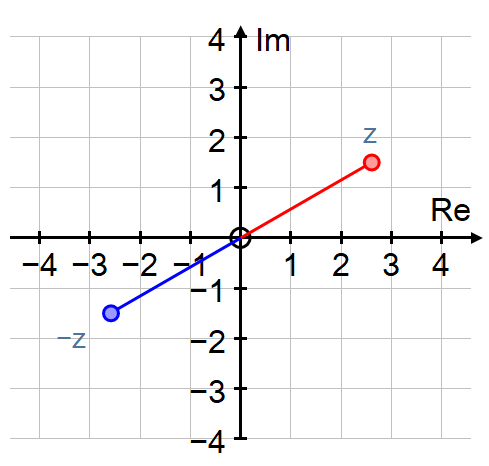
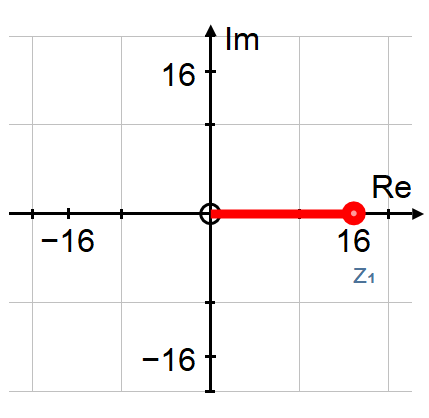
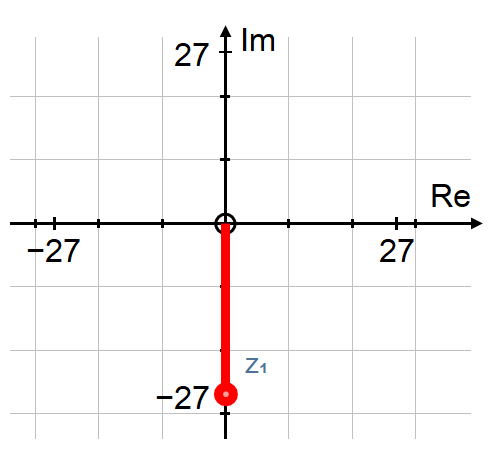
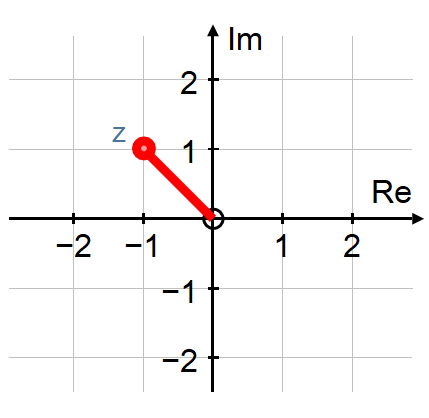
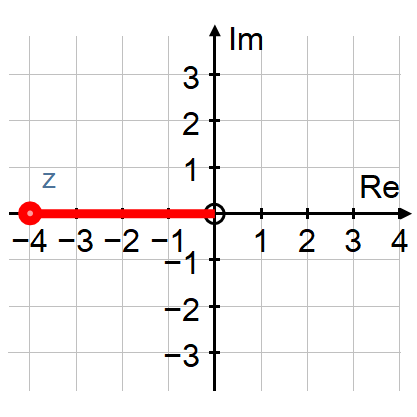
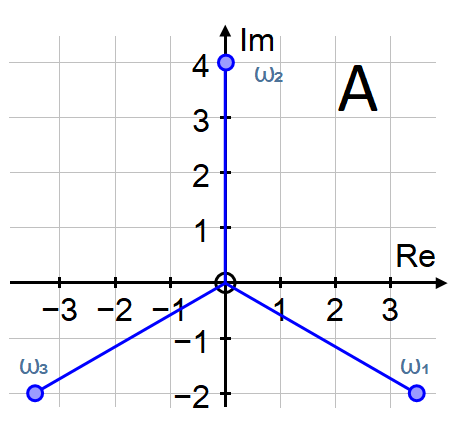
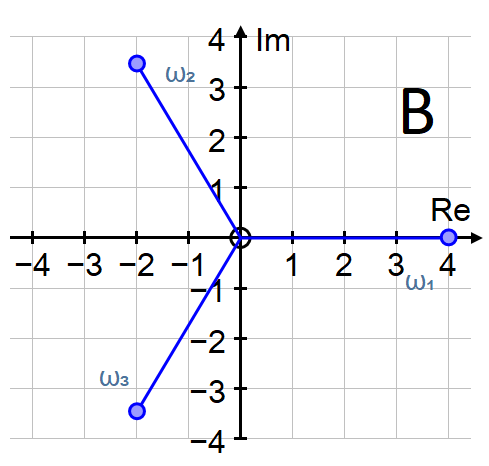
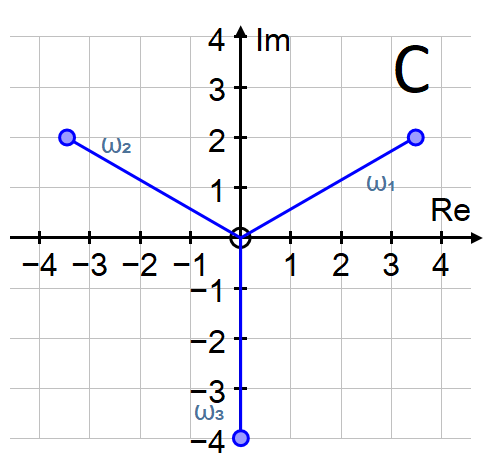
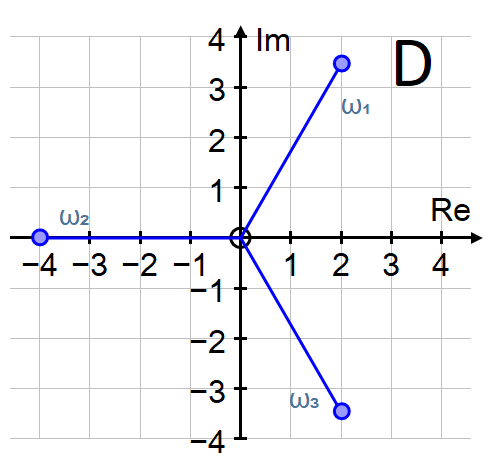
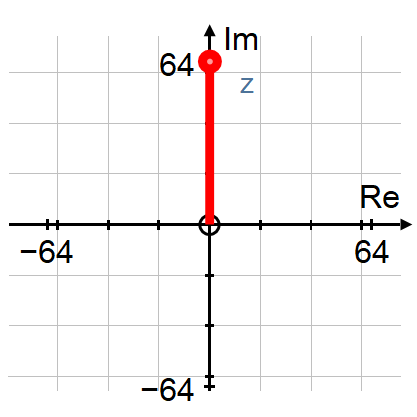



 Twitter
Twitter  Facebook
Facebook  LinkedIn
LinkedIn